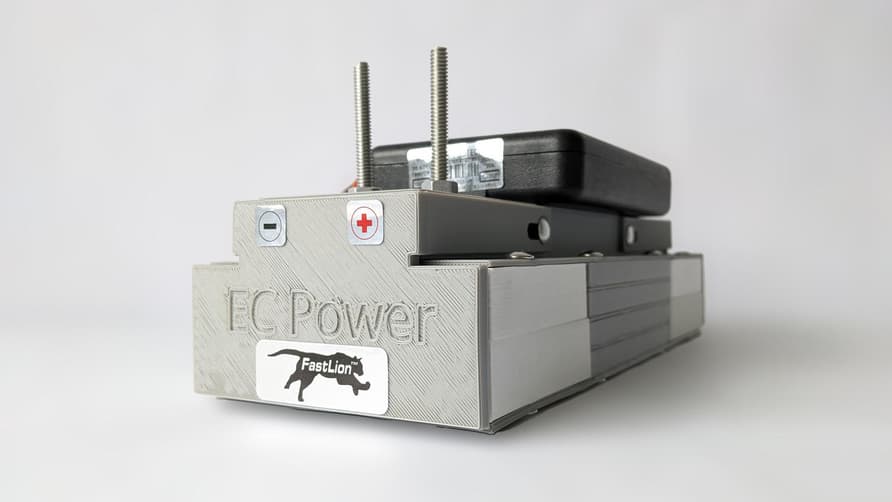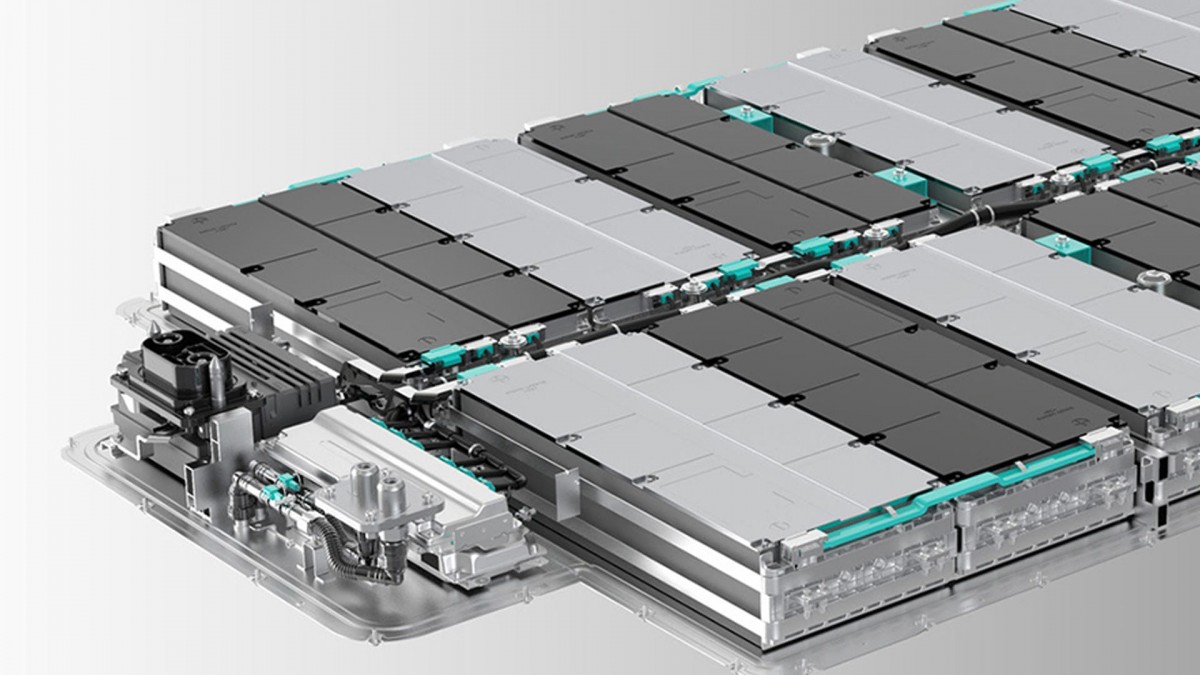Batteries from seaweed are believed to be the answer to the problem of the lack of availability of lithium battery elements. Currently lithium batteries are generally made of two components whose availability is quite limited, namely cobalt, nickel, manganese, and iron.
Not to mention that the mining process for these elements is often carried out in ways that damage the environment. This often makes it difficult for many multinational lithium battery manufacturers to find these elements difficult.
The price of lithium batteries is also very expensive. That’s why electric cars are still expensive compared to conventional cars. That’s what a group of researchers from Bristol University saw in developing a battery made from seaweed. In their research, seaweed was found to contain sodium-metal which can be used as an important material for batteries.
Interestingly, it actually offers a high energy density and low cost. Indeed, seaweed has a deficiency in the uncontrolled growth of dendrites.
This rapid growth tends to be detrimental because it can penetrate the battery separator and cause a short circuit. It’s just that researchers from Bristol University managed to use nanomaterials made from seaweed as a more powerful battery separator.
The team’s findings were published in Advanced Materials. The report states that nanomaterials derived from seaweed not only stop sodium electrode crystals from penetrating the separator but also improve battery performance.
“We have shown that seaweed-based materials can make the separator very strong and prevent it from being punctured by the metal structure made of sodium. This also allows for greater storage capacity and efficiency, increasing battery life,” explains Jing Wang from Bristol University. .
Meanwhile, Professor Steve Eichhorn said that the use of seaweed in making batteries actually has a minimal carbon footprint. “The manufacturing process is more environmentally friendly and does not damage the environment in its production,” he said.







